Publications
Articles, publications, books, tools and multimedia features from the U.S. Institute of Peace provide the latest news, analysis, research findings, practitioner guides and reports, all related to the conflict zones and issues that are at the center of the Institute’s work to prevent and reduce violent conflict.
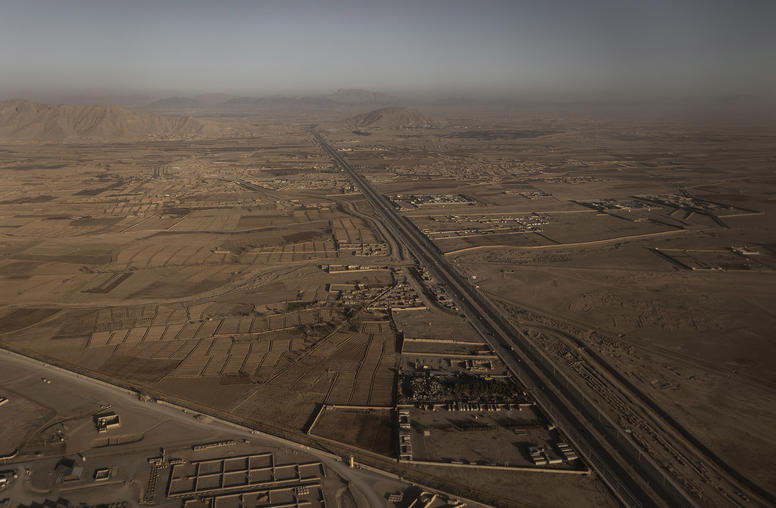
Afghanistan-Pakistan Border Dispute Heats Up
In at least two incidents in late December and early January, Afghan Taliban soldiers intervened to block an ongoing Pakistani project to erect fencing along the shared border between Afghanistan and Pakistan — the demarcation of which prior Afghan governments have never accepted. Despite attempts to resolve the issue diplomatically, and the Taliban’s dependence on Pakistan as a bridge to the international community, both sides remain at odds over the fence. USIP’s Richard Olson, Asfandyar Mir and Andrew Watkins assess the implications of this border dispute for Afghanistan and Pakistan’s bilateral relationship and the region at large.
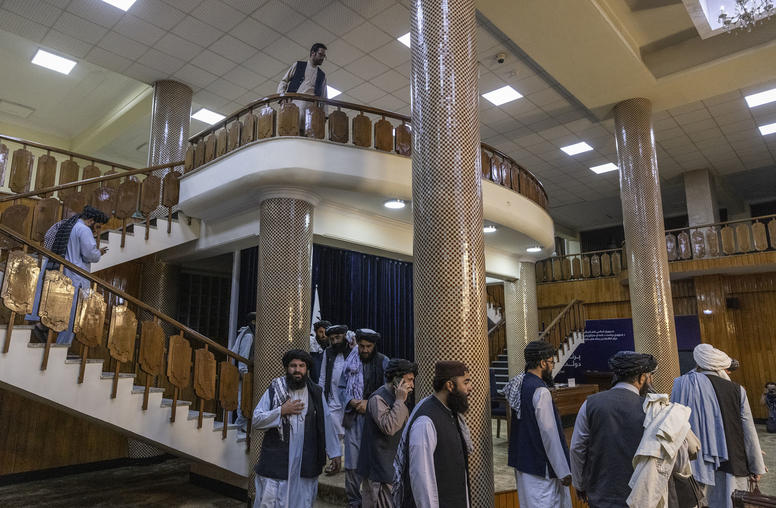
Taliban Seek Recognition, But Offer Few Concessions to International Concerns
Since taking power in August, the Taliban have repeatedly expressed the expectation that the international community will recognize their authority as the new government of Afghanistan and have taken several procedural steps to pursue recognition. But the group has done very little to demonstrate a willingness to meet the conditions put forward by Western powers and some regional states. USIP’s Andrew Watkins, Richard Olson, Asfandyar Mir and Kate Bateman assess the latest Taliban efforts to win international recognition, the position of Pakistan and other key regional players and options for U.S. policy to shape Taliban behavior and the engagement decisions of other international partners.
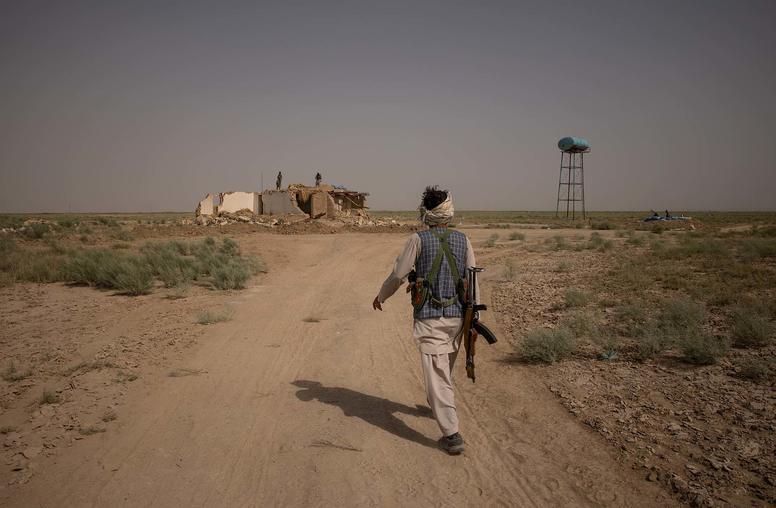
India, Pakistan Watch Warily as Taliban Move to Takeover
The Taliban’s rapid advances have caught the region and the United States off guard. The deterioration in security has forced India, along with many other countries, to retrench its diplomatic presence in the country, closing consulates outside of the capital of Kabul. There have been conflicting reports over the past month over whether or not Indian officials have engaged in talks with Taliban representatives in Qatar. Afghanistan’s neighbors all prefer a negotiated political settlement to the conflict but are preparing for the worst and could look to armed Afghan factions to protect their interests. Meanwhile, Kabul and Islamabad are blaming each other for the spiraling security situation.

U.S. Withdrawal from Afghanistan: End to an Endless War?
President Joe Biden formally announced on Wednesday that the United States will withdraw troops from Afghanistan by September 11 of this year, the 20th anniversary of the al-Qaida attacks that led to the U.S. overthrow of the Taliban. The decision comes a month after U.S. Secretary of State Antony Blinken looked to jump-start the moribund intra-Afghan peace talks in Doha, Qatar with a sweeping set of proposals. Although the withdrawal would mean an end to America’s longest war, the implications for Afghanistan’s hard-won progress are immense and many fear the possibility of a rejuvenated civil war after U.S. troops leave.
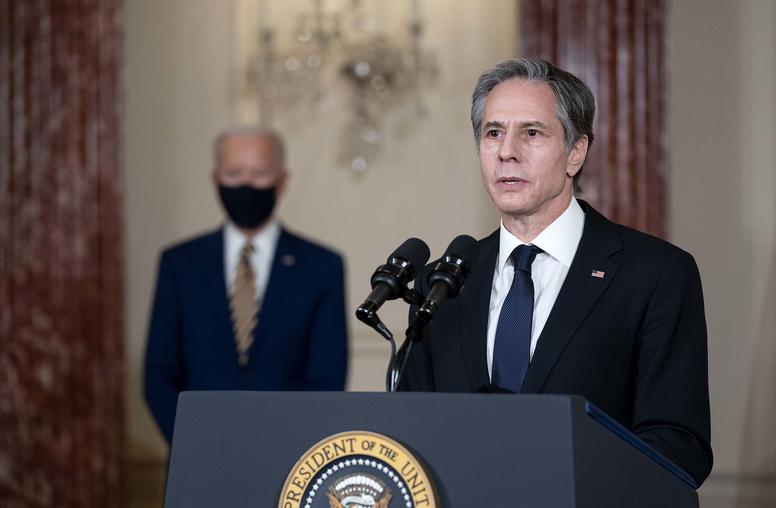
Can Blinken’s Letter Jump-start the Afghan Peace Process?
With intra-Afghan talks gridlocked and the U.S. troop withdrawal deadline looming, Secretary of State Antony Blinken proposed new plans to advance the peace process in a letter to Afghan President Ashraf Ghani. The letter recommends several efforts to “move matters more fundamentally and quickly” toward peace, including a U.N.-convened conference of key regional actors, a senior-level meeting between the Afghan government and the Taliban hosted by Turkey and a 90-day reduction in violence to head off the Taliban’s annual spring offensive. Blinken also recommended an interim power-sharing government composed of Taliban and other Afghan leaders.
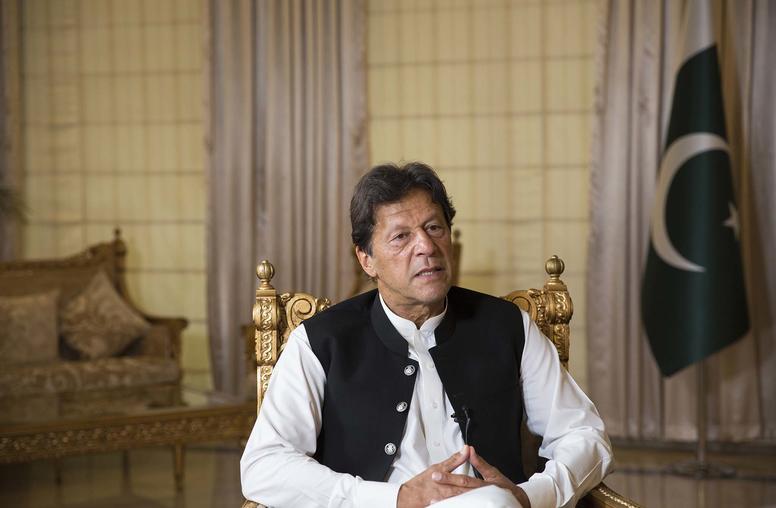
Pakistan Senate Election Upsets Government Efforts to Solidify Power
Pakistan held indirect elections on March 3 for the Senate, its upper house of Parliament, which is elected by sitting legislators in the National Assembly (the lower house of Parliament) and each of the provincial assemblies. Given the typically party-line vote, Pakistani Senate elections tend to be mundane affairs, with the results often preordained. However, in last week’s elections the ruling Pakistan Tehreek-e-Insaf (PTI) party, despite having a numerical majority in the national and provincial assemblies, failed to forestall defections among some lawmakers and in doing so failed to take control of the Senate from the opposition.
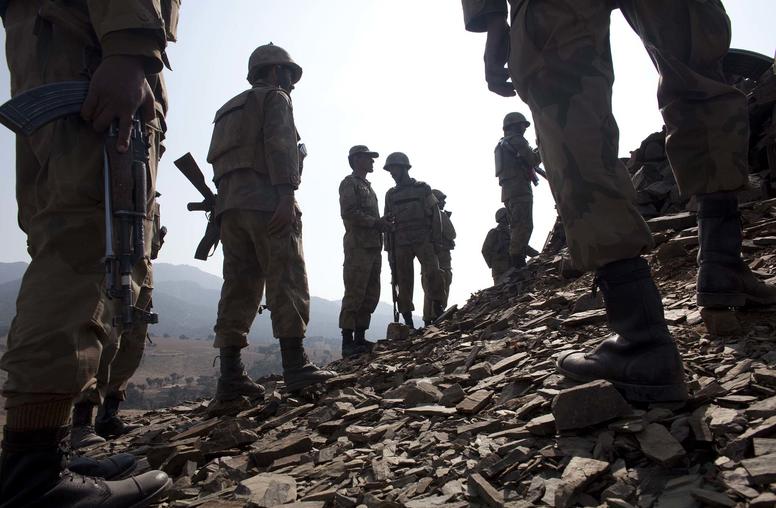
Biden and Washington’s Perennial Pakistan Problem
Among the many challenges facing the Biden administration will be addressing the infamously dysfunctional U.S.-Pakistan relationship. Anyone familiar with how Islamabad and Washington have interacted over the last 74 years will resort to tired metaphors: a roller-coaster ride, a sine wave, the dynamic between an overbearing mother-in-law and her daughter-in-law. These clichés reflect the reality that the relationship has rarely been stable and usually is either declining precipitously or accelerating unsustainably. The challenge for the new administration will be to find a way to work productively with Pakistan without oscillating between peaks of enthusiasm and depths of cynicism.
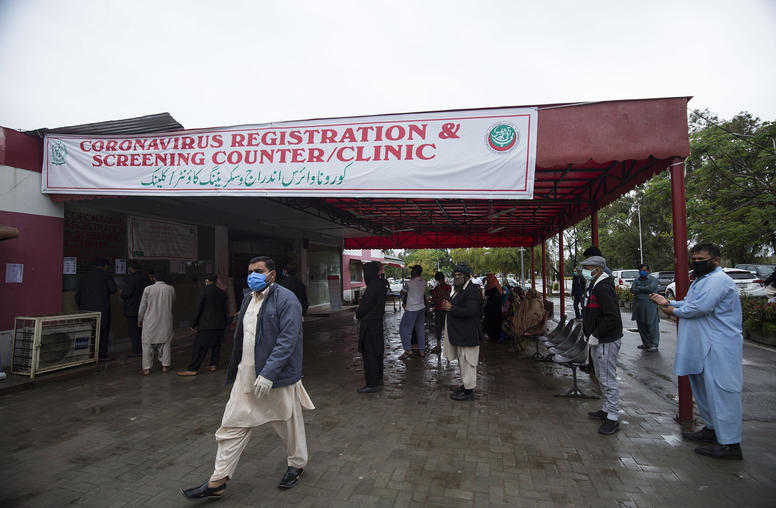
Pakistan’s Looming Coronavirus Crisis
In the weeks since Pakistan’s first confirmed cases of coronavirus, the country’s response has laid bare troubling weaknesses in governance, public health, and economic stability—and raised serious questions about Pakistan’s capacity to weather a large-scale outbreak absent significant international assistance. USIP’s Cyril Almeida and Ambassador Richard Olson look at how friction between the military and federal government poses a risk to Pakistan’s democracy, the possible avenues for medical and economic relief, and what COVID-19 means for the situation in Kashmir and Pakistan’s role in the Afghan peace process.
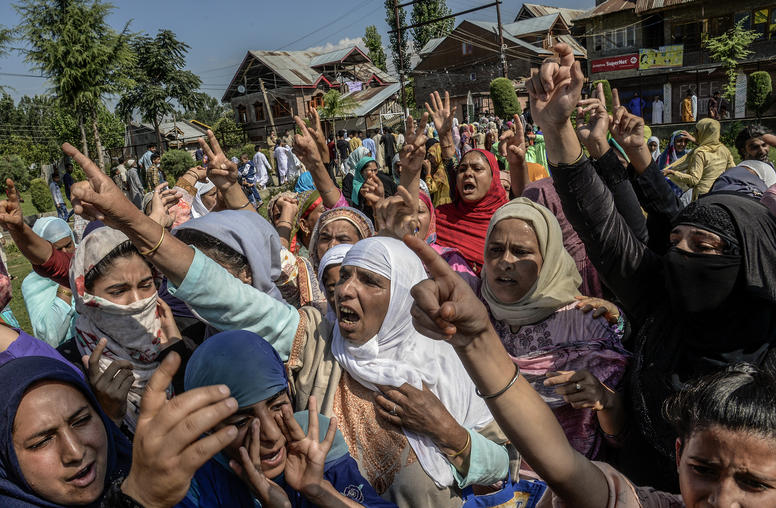
Kashmir Crisis Raises Fear of Intensified India-Pakistan Conflict
Last week, India made a controversial decision to revoke the special status of the disputed region of Kashmir and sent thousands of troops to quell any potential unrest. The Muslim-majority territory has been a major source of tension between India and Pakistan since it was partitioned between...

Amb. Richard Olson on the India-Pakistan Crisis
Last week, tensions between India and Pakistan—sparked by a suicide attack claimed by a Pakistan-based terrorist group—put the world on notice. “The United States has reached a point where it believes that the militants operating out of Pakistan are … a threat, not just to India and to Afghanistan and our forces in Afghanistan, but … a threat to the long-term stability of the Pakistani state,” says Richard Olson, a former U.S. ambassador to Pakistan.